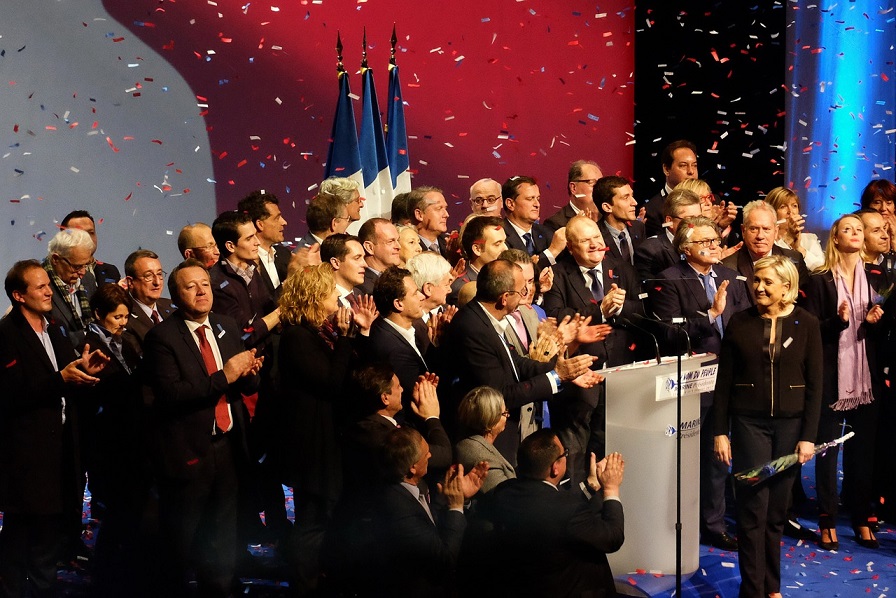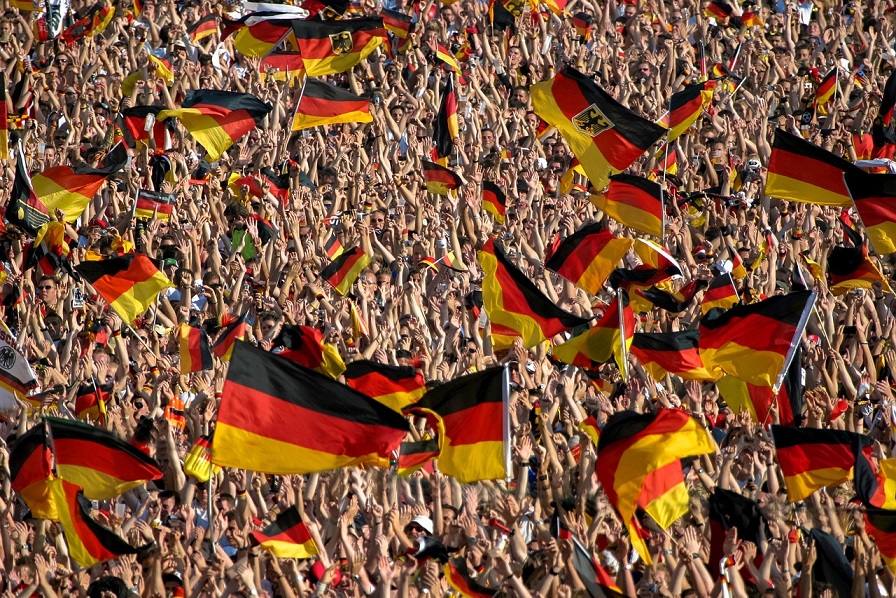Since its embryonic beginnings as mercantile capitalism, two of the noteworthy characteristics of the capitalist system have been a marked tendency towards the concentration of wealth and a dynamic of territorial expansion.
 Juan Diego García
Juan Diego García
The concentration of wealth does not mean that only large companies survive but it does mean that monopolistic forms – among which financial capital stands out – end up controlling in practice the functioning of the market, ensuring those hegemonic centres of capital retain most of the value generated.
In fact, through the banks and other economic mechanisms, medium-sized and small businesses exist in their orbit, many of them only independent on the surface. In reality, they operate as complements of monopolies which enjoy supremacy through their control of finance, technology and other factors that assure them real dominance of a supposedly free market.
Territorial expansion has been a phenomenon present in all civilisations but with capitalism it acquires far greater dimensions that lead it to have, currently, a decisive presence all over the planet, though some so-called primitive forms of civilisation that for some reason manage to survive independently are excluded. In some cases it is the physical environment – the jungle, for example – which is the factor that saves them from being absorbed by capitalism (“civilisation”), in others, their minute or non-existent economic importance.
Both factors could disappear and with them their isolated (and for some, happy) existence. “Globalisation” is only the modern form of territorial expansion, so characteristic of capitalism.
 The tendency to concentrate wealth that creates enormous inequalities and even endangers the system’s very stability can be moderated by the state but not eliminated completely since it is part of the very essence of the capitalist social order.
The tendency to concentrate wealth that creates enormous inequalities and even endangers the system’s very stability can be moderated by the state but not eliminated completely since it is part of the very essence of the capitalist social order.
An illustration of that is the so-called welfare state, a more or less successful part of the moderating influence but which has been in decline to the extent that it has almost disappeared in places where it had reached significant levels.
The cause is found in the neo-liberal model predominant worldwide. A sign of this is precisely that the cyclical crises – inherent in the system – that neo-liberalism promised to completely overcome not only continue but are a huge worry in centres of capitalist thought, as social protest spreads, also everywhere, without being pacified.
Nor is the expansion of capital across the world exempt from problems, since fundamentally it is linked in many ways to the different forms of colonialism, traditional and modern. The world has currently at least two big areas, the metropolises and the periphery.
The metropolises hold the greatest power (in all senses) and are in fact the primary axes of the world economy since on them depend the development of science and technology and they determine in a thousand ways periphery countries’ exports, as well as global credit. Furthermore, they possess unprecedented military equipment that makes the piracy of yesteryear and the territorial occupations with well-known annexations, wars, raids and exterminations of “inferior peoples” look like small fry.
 In this context, for the periphery the national question requires a very precise reading of events not only to understand what is in progress but also to manage to advance as much as possible with proposals that are considered useful.
In this context, for the periphery the national question requires a very precise reading of events not only to understand what is in progress but also to manage to advance as much as possible with proposals that are considered useful.
From this perspective the idea of minimising or even denying the national question given the size and reach of “globalisation” tends towards being ignorant of or minimising the potential of the social and political dynamics of each country, the level reached by the protagonists of change, their greater or lesser true consciousness (in terms of Lukács) and very especially their level of organisation and capacity to fight. It is not out of place either to debate the forms of the fight, in regions such as Latin America and the Caribbean, where peasants’ revolutionary uprisings no longer seem to be as prominent given the high degree of urbanisation in those countries.
The concentration of wealth (which in the system’s peripheral areas acquires dramatic characteristics) imposes on the left the task of starting to dismantle the current neo-liberal model at least in two key respects: a decisive increase in the state’s role in the economy and establishing the bases of an economic model that makes feasible not only social justice but also the real exercise of national sovereignty.
Returning to the state its decisive role involves progressing with the strengthening of public enterprise so that it will soon be possible for the state to be hegemonic in the country’s economic fabric. It also involves the state having a broad ability to govern the functioning of the economy.
 Public enterprise must become decisive in strategic areas (the financial system, health, education, science and research, energy, exploitation of strategic natural resources etc).
Public enterprise must become decisive in strategic areas (the financial system, health, education, science and research, energy, exploitation of strategic natural resources etc).
The objective is to ensure the state has a decisive regulatory function in deciding what to produce, what not to produce and in what quantities, always thinking of the immediate interests of the social majorities no less than a long-term perspective.
In particular, the state must be the decisive factor with regard to the country’s relations with the international community, with the world market (foreign investment, debt, imports and exports etc).
In many ways, it would seem it is a matter of simply returning to the traditional model of developmentalism.
However, there are some new elements that change the nature of the national question now, more aligned to current conditions: it is no longer a matter of the local production of consumer items, taking as read that everything that allows their manufacture remains in the metropolitan centres.
Only in this way does it seem feasible that the state can promote a system of redistribution of wealth that allows periphery countries to overcome backwardness and poverty and achieve real democracy and modernity in all its terms.
It is a matter of a healthy and undeniable nationalism for the left.
 It remains to be explained what social forces today are effective change agents and, of course, what the paths are that lead to national liberation.
It remains to be explained what social forces today are effective change agents and, of course, what the paths are that lead to national liberation.
For the national question it is also a matter of remaking the current type of international relations, of seeking a new and advantageous way of being inserted into the world market.
The periphery countries’ traditional dependency on the metropolises – that is, the United States, Europe and Japan – the so-called ‘international community’, has been principally a sort of neo-colonialism, a very acute form of exploitation that has made those nations simple providers of raw materials (with no added value) and of cheap labour for the metropolitan markets, if not cannon fodder for wars. The current form of dependence is clearly disadvantageous and is one of the key factors in the backwardness, poverty and even destitution that predominates in these countries.
(Translated by Philip Walker – Email: philipwalkertranslation@gmail.com) – Photos: Pixabay












.jpg)












